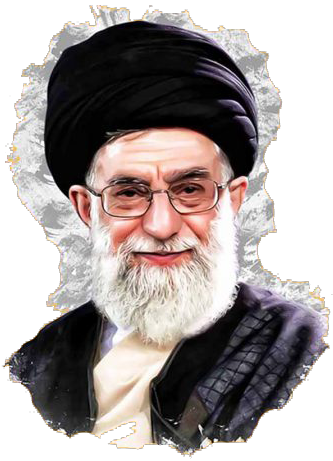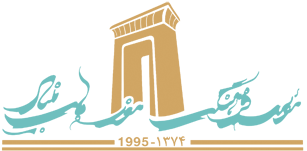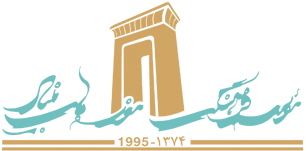Through the efforts of Mostazafan Foundation’s Cultural Institution of Museums, the Cultural Center and National Museum of Isfahan Arts was inaugurated in a historical building belonging to the Late Qajar era concurrently with the 43rd anniversary of the victory of the Islamic Revolution of Iran.
This center which displays the arts of Isfahan’s people from the prehistoric millennia to the present time puts more than 300 historical works on display.
It is composed of two floors and six passages and each passage displays a valuable collection of the works of Isfahan’s artists and art schools.
The Cultural Center and National Museum of Isfahan Arts includes a unique treasury of lacquer works which is one of the most complete and most unique collections in the province and even the country.
This center tries to provide the context for introducing and researching the works and utilization of them by all age groups of the society.
It is hoped that this museum can improve the global status of Isfahan and Iran’s traditional arts in addition to influencing art and scientific societies.
The Cultural Center and National Museum of Isfahan Arts houses a unique and colorful treasury of the arts of the people of Isfahan from the millennia before history to the present and includes more than 300 historical works.
The museum space is more than 1000 square meters and comprises 6 passages.
In the “History Passage”, works such as stone blades from the Neolithic and Paleolithic periods belonging to 50,000 ago are on display. Jewelry, pottery, glasses and historical coins are other prominent features of this passage.
In the “War Passage”, prominent works such as Abbas the Great’s swords made by masters of Isfahan, maces, battleaxes and the first guns made in Isfahan are on display.
In the “Practice and Patterns Passage”, Qajar lacquer paintings and an exquisite collection of pen-cases made in Isfahan besides the calligraphy works of famous masters such as Mir Emad and Golestaneh are seen.
In the “Drawing Passage”, the works of Isfahan’s contemporary artists such as Mirza Agha Emami, Haj Mosavver al-Maleki and Hossein Khataee are on display.
In the “Warp and Weft passage” exquisite examples of Qalamkari, carpet-weaving and historical clothes of Qajar era are on show.
In the “Chaharbagh Passage”, unique works of metalwork, enamelwork, khatam, and the paintings of outstanding artists such as Farshchian, Khachaturian, and Sumbat are on display.
Group Visits
Advance arrangement is required for groups of more than 10 (university and school students).
Phone Number for making arrangements: 03132372526
Limitations:
Eating and drinking inside the museum are prohibited.
Flash photography is prohibited.
Please pay attention to the following:
Keep a distance of 50 cm from the showcases and barriers.
Please put your bag, coat etc. in the lockers provided free for you.
All visiting routes are marked with signs. Please pay attention to them and follow them.



